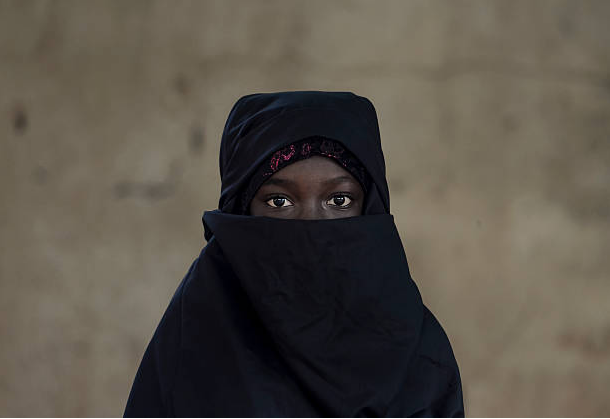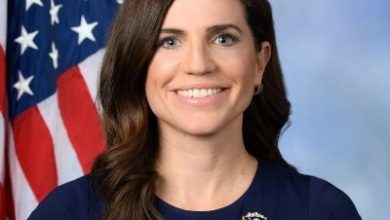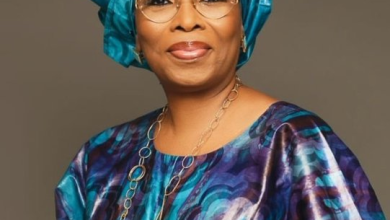
|
Getting your Trinity Audio player ready...
|
For over a decade, female Muslim students at the Federal University of Agriculture, Abeokuta (FUNAAB) have faced systemic discrimination due to a ban on the niqab (face veil). As reported by Punch News on November 17, 2023, this ban has led to repeated violations of their fundamental rights.
At different points, veiled female students have been denied entry into lecture halls, barred from giving seminar presentations, and even prevented from taking exams.
The situation is not limited to academics; veiled students have been denied access to campus transportation, stopped at school gates, and in one recent incident, a lecturer physically snatched exam scripts from compliant students and ordered them out of the hall. These repeated incidents not only undermine their education but also amount to religious misogyny, targeting women for both their faith and gender.
In countries such as France, Belgium, Denmark, and several European countries, face veil bans have been justified on security grounds, leading to the exclusion of Muslim women from education, public service, and even basic civic participation. In parts of India, students have been denied entry into classrooms for wearing the hijab, sparking national debates and court cases. In Quebec, Canada, public workers are prohibited from wearing religious garments under Bill 21, disproportionately affecting Muslim women.
These bans share a common thread: they target women, limit personal freedoms, and push religious minorities to the margins of society. Whether in Nigeria or abroad, the underlying message is the same: women’s autonomy over their bodies and identity. Such policies deepen social divides and create hostile learning environments for young women who wish to combine their education with their faith.
When we deny women the right to dress according to their beliefs, we deny them agency, dignity, and equality. The niqab debate is not merely about clothing but whether a society truly upholds freedom of religion and personal autonomy. Addressing this injustice requires legal protections, institutional reforms, and stronger advocacy to ensure that women, regardless of their religious dress, are not pushed to the margins of society.
This violates Nigeria’s obligations under international human rights treaties, including the Convention on the Elimination of All Forms of Discrimination Against Women (CEDAW) and the Universal Declaration of Human Rights. Religious freedom becomes a gendered battleground, where women are punished for visible faith expressions.
In reaction to this, a women’s advocate and media personnel, Nusiroh Shuaib, expresses her concern, “Well, niqab is a religious doctrine that is not mandatory. You can choose to wear it or leave. It’s just basically the freedom of how you want to dress. In Islam, you don’t force a woman to wear or remove the niqab. It’s her choice. Banning the niqab is a breach of my right if I choose to wear it. Also, a husband can’t force a niqab on the wife if she doesn’t.”
To address this issue, some experts recommend the following actions: legal Action and advocacy, such as student associations, women’s rights groups, and legal advocates challenging discriminatory dress codes through national courts and, if necessary, regional human rights bodies.
In reaction, a feminist and political activist suggests that a policy reform should be adopted where institutions must adopt inclusive dress code policies that respect religious diversity while addressing legitimate safety concerns in non-discriminatory ways (such as identity verification without forcing removal of religious garments).
Furthermore, A lawyer, Aisha Sarudiuna, says that advocates in Nigeria must link with counterparts in other affected countries to build a united front against anti-niqab and anti-hijab policies. Most importantly, media campaigns, community dialogues, and human rights education should dismantle stereotypes about muslim women and religious dress.
Conclusion
The niqab ban is not just about dress, it’s about power. Who gets to decide how women exist in public spaces? When women are denied education for choosing their faith, society loses their potential, and that does not create a safe space for women. These bans aren’t protecting anyone; they are gatekeeping opportunities for women who express their faith.




